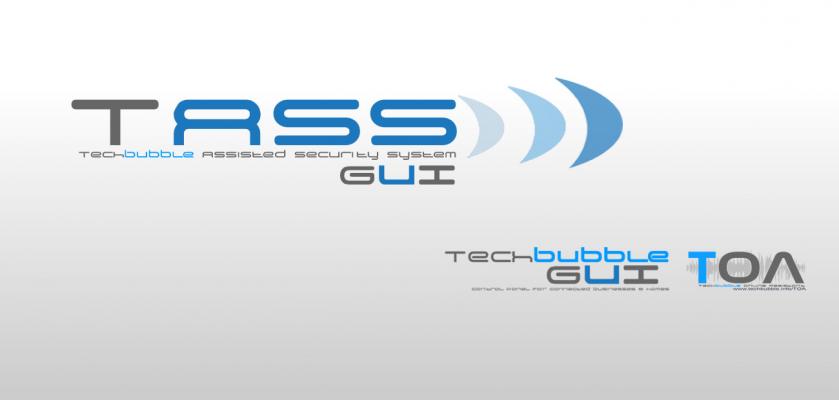
TASS, the TechBubble Assisted Security System now has voice recognition, voice synthesis and CCTV
Adam Milton-Barker | Apr 26, 2015 | The Internet Of Things | 5168
#TASS
#TechBubbleAssistedSecuritySystem
#TOA
#TechBubbleOnlineAssistant
#IoT
#InternetOfThings
#SecuritySystem
#VoiceSynthesis
#VoiceRecognition
TASS is the TechBubble Assisted Security System, a project that I have been developing for the Internet of Things built on an Intel Galileo using various sensors and different programming languages. The system is a home/office security system that uses proximity, sound and light sensors combined with CCTV and a voice assisted control panel to monitor locations and zones. TASS sends the proximity, sound and light data to a web based API. Once the API has authenticated the request, the data is stored securely on the TechBubble server. TASS owners can login in to a web based control panel, the TechBubble GUI (Graphical User Interface) which is accessible via the web and also mobile devices. The system streams video from an attached video camera and owners can monitor the video in near real-time from desktop and mobile devices. Whilst logged into the GUI a natural linguistics program named TOA (TechBubble Online Assistant) uses voice synthesis to provide vocal notifications of activities picked up in locations monitored by TASS units. Multiple TASS units build up a network of "locations" and "zones". The GUI also provides control of unit settings such as the motion, sound and light thresholds which determine how much light, sound and motion can be detected until the system sends warnings to the API. Users can simply click buttons or use TOA's voice recognition functions to turn features on and off, change thresholds and set location statuses to occupied. CURRENT FEATURES: The current on board features include: motion detection, sound detection, light detection, room temperature monitoring, board temperature monitoring, LED/audio warnings on detection and video streaming. The current GUI features include: board control, voice recognition, voice synthesis, real time data monitoring and CCTV monitoring. The current Java application features include: board control, voice synthesis and real time data monitoring. FUTURE FEATURES: The future on board features will include: standalone power supply, 3D printed casing, NFC integration and wifi amongst others. The future GUI features include: facial recognition, facial identification and authentication, NFC integration. FUTURE SUPPORTING APPLICATIONS: In the future there will be Android, Windows, iOS and smart watch applications. Please feel free to check out the photos and videos on this page and to follow the project on TechBubble visit the related link.
